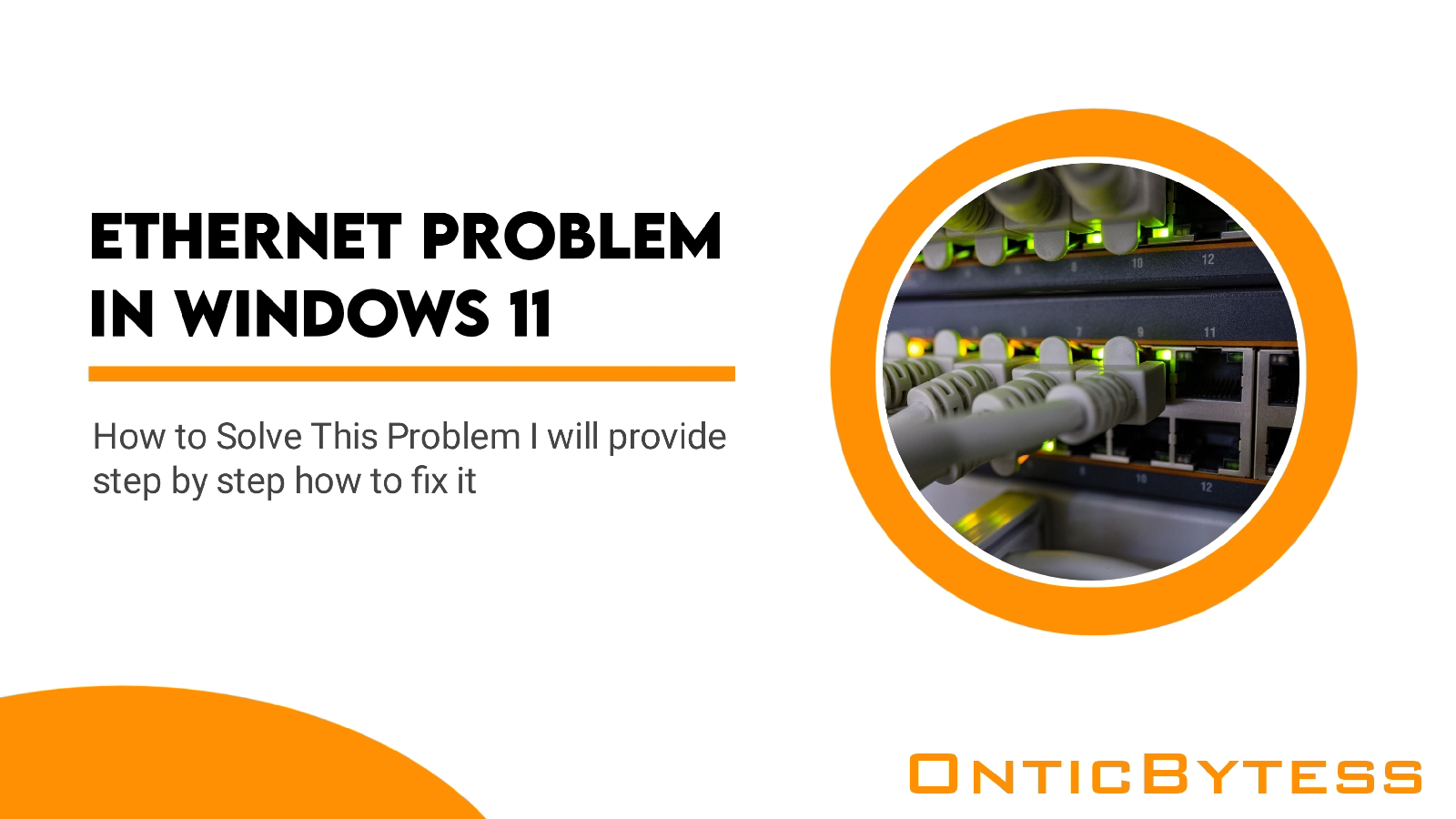Unfortunately, new online scams are always being created and it is important to be alert and aware of the latest scams. Here are some examples of new online scams:
• Types
1.COVID-19 related scams: With the ongoing COVID-19 pandemic, scammers are taking advantage of the situation to carry out new scams. Some of these scams include phishing emails asking for donations to fake charities, selling fake vaccines or medicines, or offering fake COVID-19 tests.
2.Investment scams: Scammers may try to trick people into investing in fake companies or investment opportunities that promise high returns but are actually scams.
3.Cryptocurrency Scams: With the rise of cryptocurrency, scammers are creating new crypto-related scams. These may include fake ICOs (initial coin offerings), fake crypto exchanges, or fake crypto wallets.
4.Romance Scams: Scammers can create fake profiles on dating sites or social media platforms and establish a relationship with their victims before asking for money or personal information .
5.Phishing scams: Phishing is still common and can be difficult to detect. Scammers can send emails that appear to be from a legitimate company or organization and ask for personal information, such as login information or credit card numbers.
To protect yourself from online scams, it's important to be careful when providing personal information or making online payments. Beware of unsolicited emails or messages and do your research before investing in any opportunity or business. Use strong, unique passwords and enable two-factor authentication whenever possible. If you think you have been scammed online, contact your bank or credit card company immediately and report the scam to the authorities.
• How To Protect Yourself From Online Scam
Protecting yourself from online scams requires a combination of awareness, caution, and good online habits. Here are some tips to help you protect yourself from online scams:
1.Be cautious of unsolicited emails or messages: Scammers often use phishing emails or messages to obtain personal information. Be wary of emails or messages that ask you to provide personal information or click on a link. Check the sender's email address or phone number and avoid clicking on links from unknown sources.
2.Use strong and unique passwords: Use strong and unique passwords for all your online accounts, and avoid using the same password for multiple accounts. Use a combination of letters, numbers, and special characters to make your password more secure.
3.Enable two-factor authentication: Two-factor authentication adds an extra layer of security to your accounts by requiring a code or a physical device in addition to your password. Enable two-factor authentication whenever possible to protect your accounts from unauthorized access.
4.Keep your software up to date: Keep your computer and mobile device software up to date with the latest security updates to protect against vulnerabilities that scammers may exploit.
5.Use trusted websites and apps: Use trusted websites and apps for online transactions and purchases. Be wary of websites that ask for too much personal information or don't have a secure connection (https://).
6.Do your research. Before making any online transaction or purchase, check the information about the company or website to make sure it is legal. Check reviews and ratings and use trusted payment methods like PayPal.
Be wary of offers that seem too good to be true. If an offer or opportunity seems too good to be true, it probably is. Be wary of offers that promise high returns or profits for little effort. By following these tips, you can protect yourself from online scams and protect your personal information and finances. Remember to stay alert and always use caution when using the internet.
• What You do after online scam
If you think you've been scammed online, there are several steps you can take to protect yourself and minimize the damage.
1.Stop all current transactions: If you are in the middle of a transaction, e.g. B. with an online purchase or a money transfer, stop it immediately. Contact your bank or credit card company to report fraud and request a chargeback or refund.
2.Change your passwords. If you suspect your passwords have been compromised, change them immediately. Use strong and unique passwords for all your accounts and enable two-factor authentication whenever possible.
3.Check your accounts: Check your bank and credit card accounts for unauthorized transactions. If you find any, report them to your bank or credit card company immediately.
4.Report Fraud: Report fraud to the appropriate authorities, such as the Federal Trade Commission (FTC), the Internet Crime Complaint Center (IC3), or the local police department. Include as much information as possible, including company or personal name, website or email address, and any other relevant information.
5. Educate yourself: Take the time to learn about the latest scams and how to protect yourself from them. Be aware of the latest online scams and be careful when giving out personal information or making payments online.
Remember that if you think you've been scammed online, it's important to act quickly. By taking these steps, you can protect yourself and minimize the damage caused by fraud.



